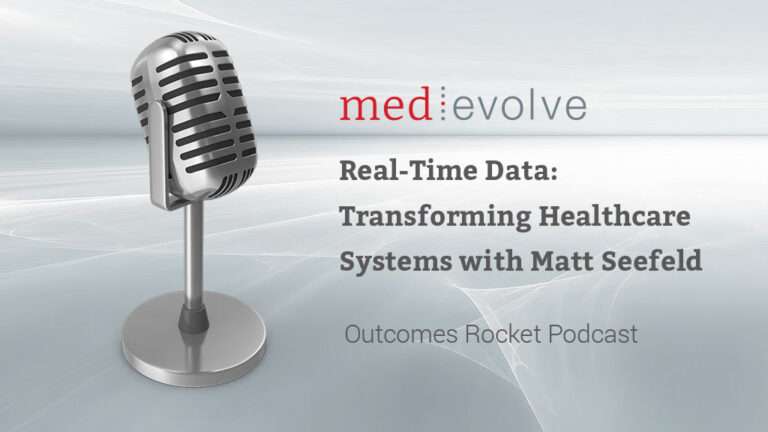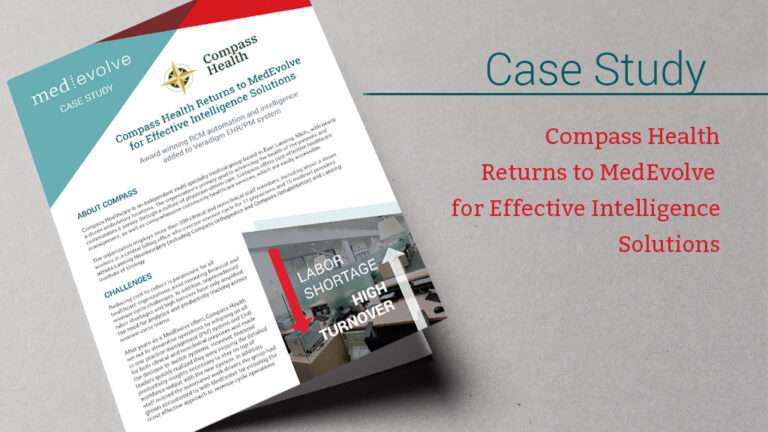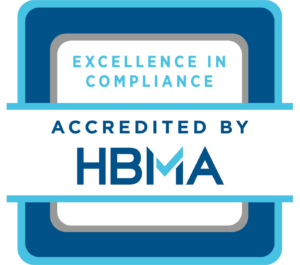Definition and objective of service delivery
Service delivery in healthcare refers to the actual provision of healthcare services to patients. It encompasses all the activities involved in diagnosing, treating, and caring for patients to address their medical needs. Service delivery is a critical component of the healthcare system, and it involves a range of healthcare professionals, support staff, and resources.
Key components of service delivery
Clinical Assessment
Service delivery begins with the clinical assessment of patients. Healthcare professionals, such as physicians, nurses, or other specialized practitioners, evaluate the patient’s condition, medical history, symptoms, and perform physical examinations. This process helps in determining the appropriate diagnostic tests, treatment plans, or referrals to specialists if necessary.
Diagnostic Services
Healthcare providers perform various diagnostic procedures and tests to obtain accurate information about a patient’s health. This can include laboratory tests, imaging studies (such as X-rays, MRI scans, or ultrasounds), biopsies, or other diagnostic techniques. These services aid in identifying and confirming the underlying cause of the patient’s symptoms or conditions.
Treatment and Interventions
Based on the clinical assessment and diagnostic findings, healthcare professionals provide treatments and interventions to patients. This can involve prescribing medications, performing surgeries, administering therapies (such as physical therapy or chemotherapy), or recommending lifestyle modifications. The aim is to address the patient’s health issues and promote recovery or management of their conditions.
Patient Monitoring and Follow-up
Healthcare providers closely monitor patients during their treatment and recovery process. This includes assessing the patient’s progress, monitoring vital signs, reviewing laboratory results, and adjusting treatment plans as needed. Regular follow-up appointments or consultations are scheduled to evaluate the effectiveness of the interventions and make any necessary adjustments.
Nursing and Patient Care
Nursing care is a vital component of service delivery in healthcare. Nurses play a key role in providing direct patient care, administering medications, monitoring patient vital signs, assisting with activities of daily living, and ensuring patient comfort and safety. They also provide patient education on self-care, medication management, and lifestyle modifications.
Support Services
Service delivery in healthcare involves various support services to facilitate patient care. These services may include medical imaging, laboratory testing, pharmacy services, dietary and nutritional support, rehabilitation services, and social work assistance. These support services contribute to comprehensive patient care and enhance the overall healthcare experience.
Documentation and Medical Records
Throughout the service delivery process, healthcare professionals maintain accurate and detailed documentation of the patient’s medical information. This includes clinical notes, diagnostic reports, treatment plans, medication administration records, and other relevant documentation. Electronic health records (EHRs) are commonly used to store and retrieve patient information efficiently.
Care Coordination
Service delivery often requires coordination among multiple healthcare providers and specialists involved in a patient’s care. This coordination ensures seamless transitions between different healthcare settings, facilitates communication and information sharing, and promotes continuity of care. Care coordination aims to optimize the effectiveness and efficiency of service delivery and improve patient outcomes.
Service delivery in healthcare is a collaborative effort involving healthcare professionals, support staff, and various resources to provide comprehensive and patient-centered care. The focus is on diagnosing, treating, and managing patient conditions to promote their well-being and improve health outcomes.









